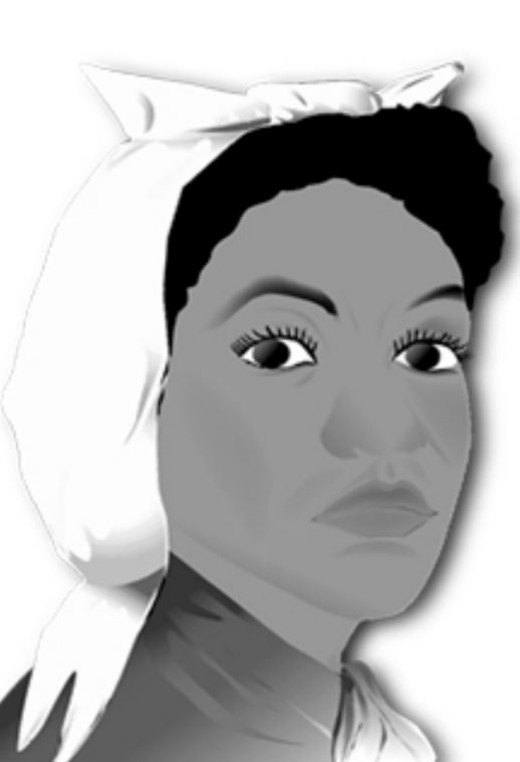Feminists and Activists for Women’s Equal Rights Image: Executive Committee of the National Woman Suffrage Association (1869) Women fought for more than 200 years to obtain the rights that were guaranteed to men in the U.S. Constitution. When the nineteenth century began, a woman was not permitted to vote or hold office; she had few rights to her own property or earnings; she could not take custody of her children if she divorced; she did not have access to a higher education. Birth of Feminism In the 1830s, thousands of women were involved in the movement to abolish slavery. While working to secure freedom for African Americans, these women began to see legal similarities between their situation and that of…
Category: Activists
Activists
Caroline Le Count
Leader in the Integration of Philadelphia Streetcars An undertaker’s daughter, Caroline Le Count outscored all the boys in her class, struck up a correspondence with a Union army general, became only the second black woman named principal of a Philadelphia public school, and put her body on the line in the battle to integrate the streetcars. Soon she was noticed on the arm of a fellow activist, Octavius Catto. Image: The streetcar shown here at Sixth and Jackson Street demonstrates how streetcars typically operated with two horses, a driver and a conductor. The first horse-drawn streetcars in Philadelphia began operating January 20, 1858. They moved along a set of steel rails, which provided a smoother ride at faster speeds, regardless…

Maria Stewart
First African American Woman to Lecture in Public Maria Stewart was an essayist, lecturer, abolitionist and women’s rights activist. She was the earliest known American woman to lecture in public on political issues. Stewart is known for four powerful speeches she delivered in Boston in the early 1830s – a time when no woman, black or white, dared to address an audience from a public platform. Childhood and Early Years She was born free as Maria Miller in 1803 in Hartford, Connecticut. All that is known about her parents is their surname, Miller. At the age of five, she lost both her parents and was forced to become a servant in the household of a white clergyman. She lived with…
Hannah Ropes
Head Matron at Union Hotel Hospital When her husband abandoned her, Hannah Ropes did not despair. She raised her two children, became an abolitionist and activist for social reform. She volunteered as a nurse during the Civil War and used her prominent social position to obtain enormous amounts of supplies for ill and wounded soldiers. Early Years Hannah Anderson Chandler was born June 13, 1809, in New Gloucester, Maine, the daughter and sister of prominent Maine lawyers. Hannah developed strong beliefs during her early years. Her religious faith was very strong, and she was passionately opposed to slavery. Hannah married educator William Ropes in 1834; they lived in Waltham, Massachusetts. Hannah gave birth to four children, two of whom lived…